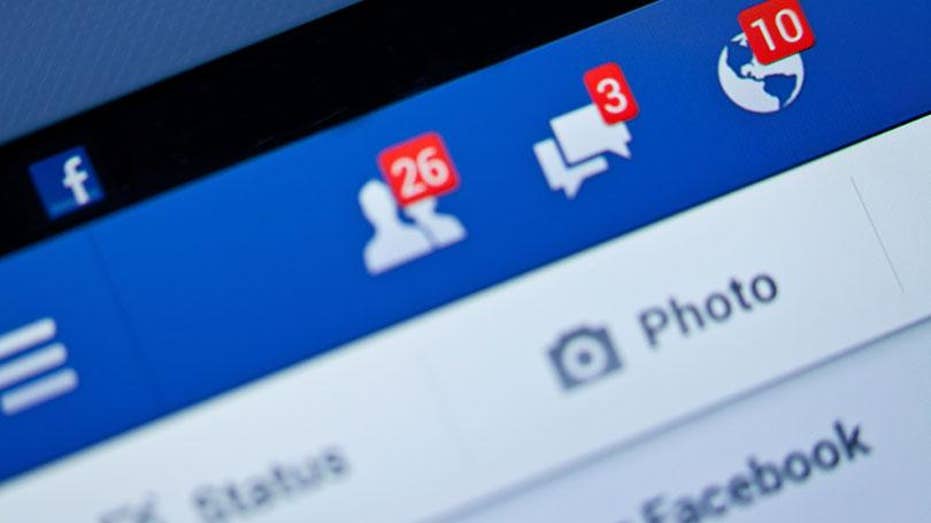Below-average students’ Facebook use linked to lower grades, study finds
Do you know a student struggling in school? They may need to cut back on social media.
Below-average students had lower grades with greater Facebook use, while high-achieving students were not affected by the amount of time they spent on Facebook, according to new research published in the journal Computers & Education.
Students in the study spent an average of just under two hours each day on Facebook. Some spent more than eight hours a day on the social media platform.
FACEBOOK LAUNCHES PAY TOOL TO COMPETE WITH VENMO, CASHAPP AMID LIBRA CRITICISM
James Wakefield, a professor at the University of Technology Sydney and the lead author on the study, said students who spent three hours a day on Facebook scored 10 percent less on exams than students with average Facebook use.

Researchers said struggling students may have a tougher time because of distractions on social media.
“Our research shows time spent on social networking platforms puts lower academic achievers at higher risk of failing their course,” Wakefield said in a press release.
GET FOX BUSINESS ON THE GO BY CLICKING HERE
Facebook could be making it harder for those lower-achieving students struggling with focus and self-control, according to Wakefield.
“It appears that for students with lower academic achievement, the use of social networking sites replaces study time, whereas high-achieving students are able to juggle both,” he said.

Facebook is displayed on a cellphone.
FACEBOOK USERS BELIEVE MORE THAN HALF OF FAKE NEWS IS TRUE, STUDY FINDS
Wakefield recommended that students with below-average grades turn off notifications on their phones and either quit or reduce their time on social media. He also said educators should avoid using social networking sites to communicate with students — even students who used Facebook primarily for educational purposes rather than for communicating with family and friends had problems related to the platform.
READ MORE ON FOX BUSINESS BY CLICKING HERE
“Some educators have embraced sites such as Facebook as a tool for engagement, learning and group assignments,” Wakefield said. “However, our research suggests educators should use Facebook only for a specific purpose, rather than to communicate with students more generally.”




















